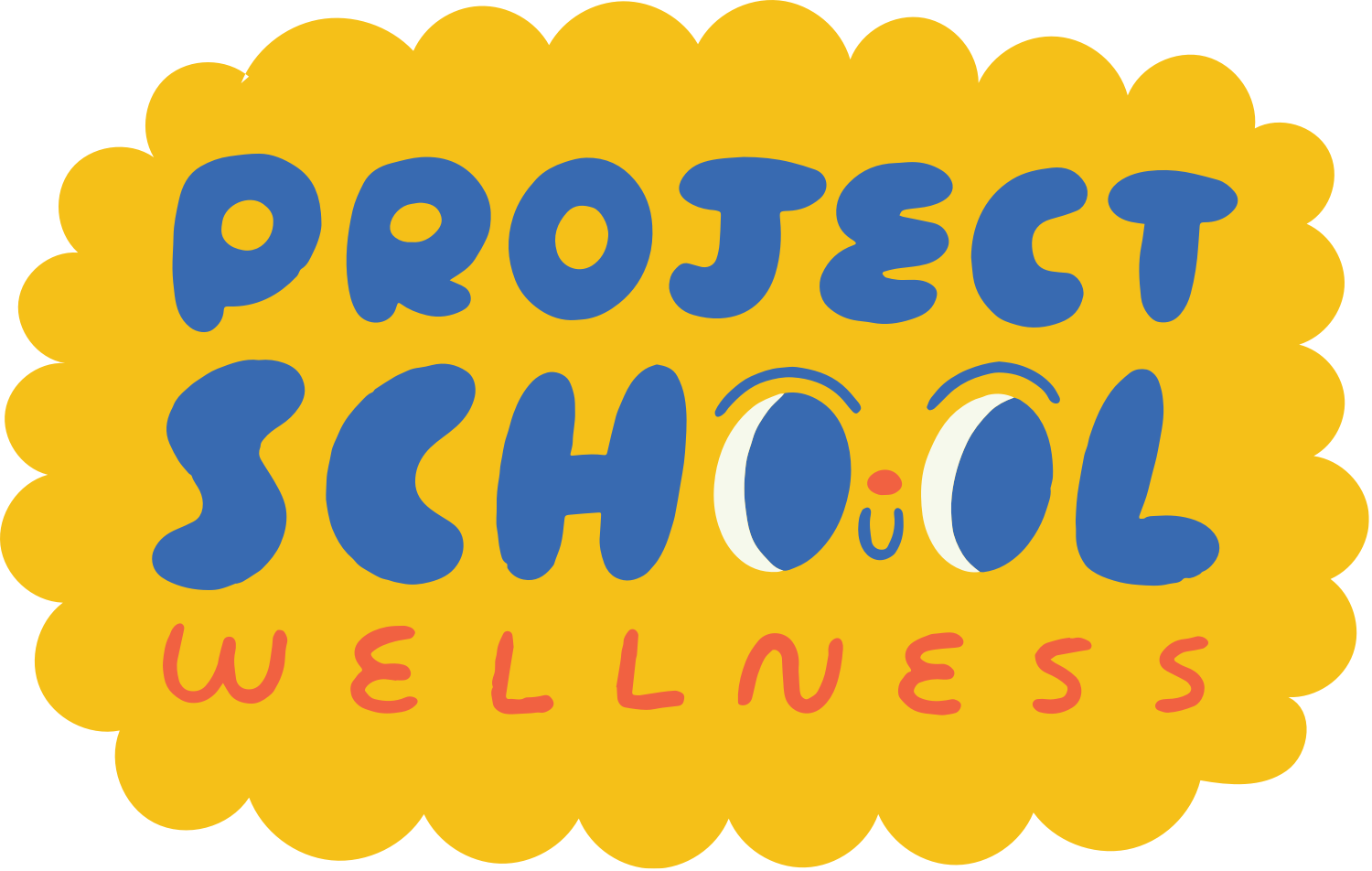Sex Ed: Five Reasons to Teach Comprehensive Sex Ed
A quick look at why health teachers need to teach sex ed!
Sex.
It's everywhere. It's in every show we watch, song we listen to and any book we read. Its presence is far-reaching.
Yet, despite its pervasiveness in our society, sex seems to be absent in one of the places it matters most...the classroom.
Oh sure, our students are talking and learning about it as they view it on their ever-present devices. But there's little to no comprehensive sex education happening in our classrooms. As teachers and parents, we've handed the wheel over to Hollywood and the porn industry and let them teach our kids about sex.
I dunno about you, but the lack of willingness to talk about sex in American schools and the failure to teach a comprehensive curriculum to students is terrifying!
I know that talking about sex can be super awkward. But that's exactly why we must teach Sex Ed in our classrooms. By giving in to the uncomfortableness, we are telling our students that sex is taboo and it shouldn't be talked about or acknowledged! Both of which are incredibly unhealthy mindsets to live by.
But today, I want to challenge you to lean into the awkwardness and recognize the incredible power that you've been given. As teachers, we have the power to normalize the conversation about sex and to empower students with the knowledge needed to establish a lifetime of sexual health.
Free Access for MS Members | Free Access for HS Members
5 Reasons Why You Need to Be Teaching Sex Ed
Still, need a little convincing or some information to get the powers that be on board??? Here are five reasons why Sex Ed should be an integral part of your health curriculum!
1) Teenagers Think They Know Everything About Sex
Because teenagers are exposed to so much sex in the mainstream media and through the porn industry*, they think they know everything about sex. But what they don't realize is how unrealistic the sex that they've been exposed to is.
Sex in the media comes with no consequence. There's no fear of being pregnant or being infected with a sexually transmitted infection. There's no focus on the emotional impact of having casual sex. And the actual act of sex itself is completely dramatized, setting up completely unrealistic expectations.
You see, like it or not, teenagers are learning about sex. As an educator, I feel it's my duty to make sure that what my students are learning about sex is factual and represents reality. I'm simply not okay with letting the media be my students' only source of sex education.
*Just an FYI, just because kids might not be watching "porn" they still have access to it via Instagram, YouTube, and Tumblr.
2) Teenagers are Becoming Sexually Mature, But Not Emotionally and Mentally
Puberty is the time in life when the body becomes sexually mature and can reproduce. Now, as adults, we know that just because the body becomes physically mature, the mind and heart are not quite ready for the seriousness of being sexually active. It simply means the teenage body can now procreate.
3) Middle Schoolers Want to Talk and Learn About Sex
Yes, it's true! Your students want to talk about sex. They want to learn about their body and understand the major physical changes that are happening. And why shouldn't they?
Sex it a natural part of life. Without it, humanity would cease to exist. And at this specific point in their life, they're bodies are preparing for sex and getting ready to reproduce. We need to provide a safe space for them to talk and learn about sex. If we don't create a safe space, they're going to turn to their dear friend Google to figure it out (and who knows what they'll find there).
4) 99% of People Will Have Sex at Some Point in Their Lives
It's true. So just because your students are young, innocent middle schoolers, now that doesn't mean they will stay like that forever. They will soon grow up into adults, making adult decisions. And they need to know about sex and sexual health!
5) Sex Ed Empowers Healthy Choices
A common argument against Sex Ed is that it will entice kids to have sex. Well, I hate to break it to you, but kids are already interested in sex. And avoiding and neglecting to teach Sex Ed doesn't make kids wonder about sex any less.
Instead, the evidence shows the exact opposite. It says that students who receive comprehensive Sex Ed practice safer sex throughout life. They begin having sex later and have fewer partners! Simply put, when a student is taught a factual, comprehensive Sex Ed curriculum, they are empowered to make healthy choices!
Wait! But What About Abstinence-Only Education...
Well, here's the thing about abstinence: it doesn't usually last forever. Generally, people who choose abstinence wait until marriage or a long-term committed relationship to have sex. Meaning, they still have sex!
And just because it's later in life doesn't mean they don't need the same education. You still need to understand how to nurture Sexual Health and the basics, like understanding how pregnancy occurs, how contraceptives work, and how STDs/STIs are spread and treated. Basically, what I'm saying is abstinent or not, you still need to know about sex!





